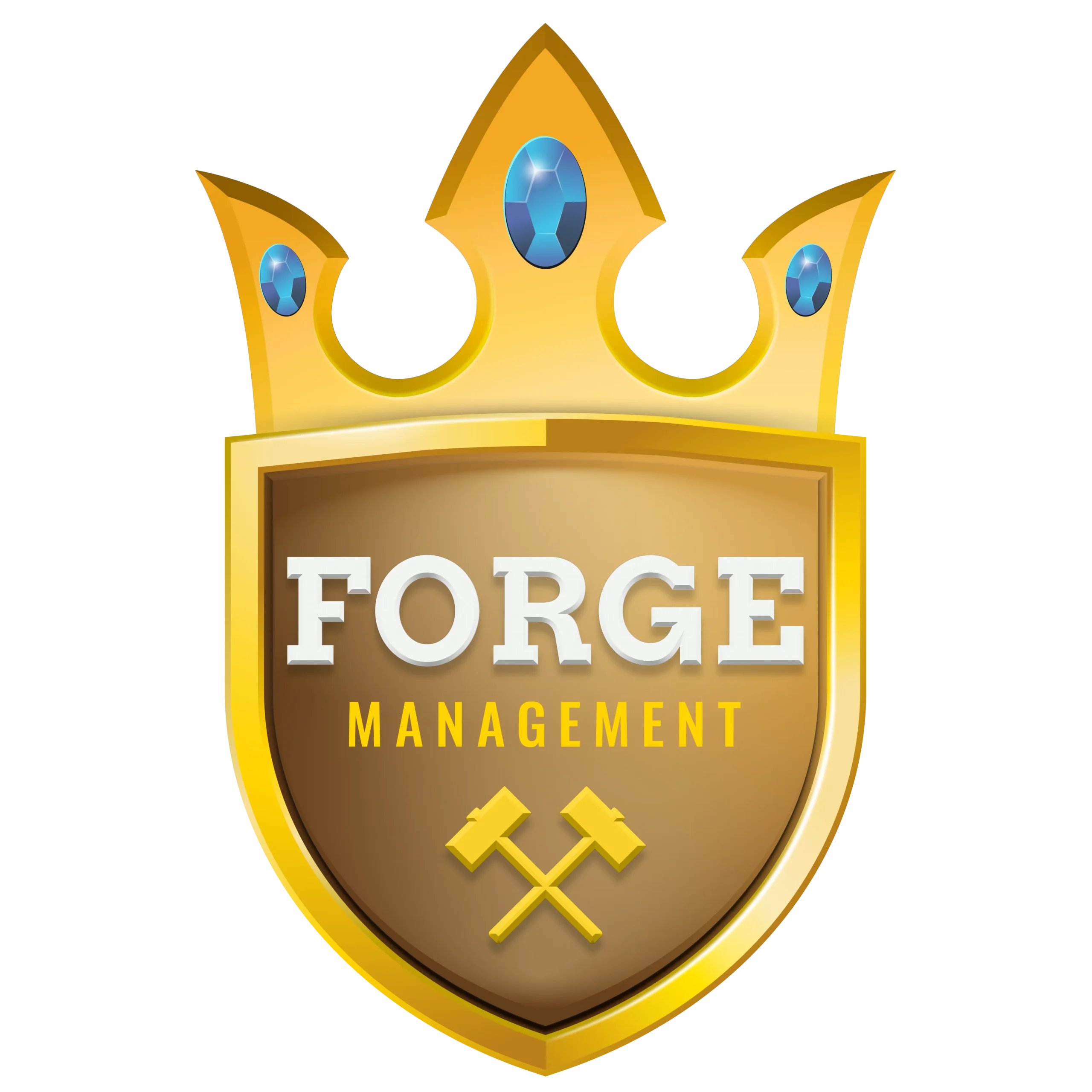Starting your first marketing job can feel like standing at the edge of a vast ocean with no life jacket. You’ll encounter new systems, lofty expectations, and a whirlwind of campaigns that challenge your energy and focus. Recognizing this overwhelm as part of your growth sets you on the path to mastery rather than self-doubt.
While excitement and ambition drive you forward, the early days often bring steep learning curves and mounting pressure. You might question whether you’re cut out for the pace and complexity of real-world projects. The good news is that practical strategies exist to help you regain control, build confidence, and thrive.
1. Recognize the Root Causes of Overwhelm
Understanding why you feel swamped makes it easier to respond effectively. Pinpointing the main stressors arms you with clarity and compassion for yourself.
- Acknowledge your feelings. Starting a new role can flood you with tasks and unknowns. You may feel swamped by the volume of responsibilities typical in marketing jobs. Recognizing overwhelm as normal helps you approach challenges with compassion.
- Identify your stress triggers. Pinpointing what makes you feel anxious helps you address specific pain points. You might notice back-to-back meetings drain your energy or unclear briefs leave you stuck. Logging these triggers lets you anticipate and mitigate them.
- Map out your responsibilities. Listing all your duties—from social posts to report analysis—draws a clear picture of your workload. Seeing everything in one place prevents blind spots. This overview helps you distribute time and effort strategically.
- Set realistic expectations. You cannot master every tool or tactic on day one. Communicating achievable goals with your manager aligns both of your visions. This honesty builds trust and reduces pressure.
- Break large tasks into milestones. Dividing a campaign launch into research, draft, review, and final steps makes each stage manageable. Celebrating mini-wins at each milestone boosts motivation. Smaller chunks also reveal hidden hurdles early on.
- Accept the learning curve. No one expects you to know every process or platform instantly. Treat each mistake as data for improvement, not a failure. Over time, you’ll master workflows that once felt impossible.
- Practice self-compassion. Treat yourself kindly when a task takes longer than expected. Remind yourself that every expert was once a beginner. This mindset shift keeps you resilient and open to growth.
2. Streamline Your Workflow and Manage Tasks
Once you know your pain points, introduce systems that lighten cognitive load. Simple habits can free up mental bandwidth for creative work.
- Leverage a centralized task manager. Putting every assignment into one platform prevents things from slipping through the cracks. Whether you choose a digital tool or a notebook, seeing your full workload at a glance reduces mental clutter. Updating it regularly ensures you stay on top of deadlines.
- Prioritize with clear criteria. Use urgency and impact to decide what to tackle first. Label tasks as high, medium, or low priority and follow that order. This approach keeps you focused on what truly moves the needle.
- Time-block your calendar. Reserve dedicated slots for deep work, email triage, and meetings. Sticking to these blocks builds routine and shields you from reactive firefighting. Over time, your schedule becomes a reliable guide for productivity.
- Batch similar activities. Group tasks like writing copy, analyzing data, or designing graphics into single sessions. This minimizes context-switching and cuts setup time. You’ll gain efficiency and preserve creative momentum.
- Limit interruptions. Silence non-urgent notifications during focus blocks. Let colleagues know your “do not disturb” windows so they can plan questions accordingly. Fewer distractions mean deeper concentration.
- Create templates and checklists. Standardize common processes—like social media posting or reporting—so you don’t start from scratch each time. Checklists reduce errors and speed up execution. They also provide a clear roadmap for future reference.
- Automate repetitive processes. Use simple automation tools for scheduling posts, sending reminders, or gathering data. Automations free you from routine chores and let you devote time to strategy. Regularly review your automations to ensure they still serve your needs.
3. Adapt to the Fast-Paced Marketing Environment
Marketing moves quickly, and staying in sync requires agility. Building adaptability into your routine prevents overwhelm when priorities shift.
- Communicate proactively. Share progress updates with teammates before they ask. If you foresee delays, flag them early and propose solutions. Transparent dialogue keeps everyone aligned.
- Ask clarifying questions. When briefs feel vague, don’t hesitate to request examples or specific goals. Clear directives save time and boost your confidence. They ensure you deliver what stakeholders expect.
- Set micro-deadlines. Break projects into daily or hourly goals rather than one distant due date. Hitting these micro-targets gives you a sense of momentum and control. It also uncovers roadblocks before they balloon.
- Embrace iterative progress. Launch minimum viable versions of campaigns to gather real feedback quickly. Iterations let you refine and optimize instead of aiming for perfection on the first try. This mindset reduces stress and enhances results.
- Stay curious. Carve out time each week to learn a new marketing tool or trend. Curiosity fuels innovation and helps you keep pace with industry changes. A learning mindset prevents stagnation.
- Learn to pivot quickly. When a campaign underperforms, analyze data swiftly and shift tactics rather than doubling down on failing strategies. Rapid adjustments keep momentum alive and build your problem-solving skills.
- Celebrate incremental success. Recognize small wins, such as winning stakeholder approval or hitting a mid-campaign metric. Sharing these achievements with your team keeps morale high. Positive reinforcement powers sustained effort.
4. Build Confidence through Growth and Feedback
Confidence grows when you track progress and learn from others. Intentional development nurtures a sense of mastery over time.
- Seek regular feedback. Ask your manager or peers for constructive input after delivering work. Treat feedback as a gift that pinpoints areas for growth. Acting on it shows initiative and accelerates your development.
- Embrace small victories. In an entry-level marketing job, celebrating minor wins—like hitting a deadline or mastering a tool—boosts your morale. Tracking these achievements shows your progress and keeps your motivation high. Reflecting on past successes reminds you of how far you’ve come.
- Invest in skill-building. Identify one soft or hard skill to improve each month, such as copywriting or data visualization. As you navigate the demands of your first marketing job, use online courses, books, or peer coaching to deepen that skill. Regular practice translates knowledge into capability.
- Document your accomplishments. Keep a running log of projects you led, metrics you improved, and positive feedback you received. When you review this record, you’ll see concrete evidence of growth. This habit also prepares you for performance reviews.
- Ask for micro-mentorship. Invite experienced colleagues to coffee chats or quick catch-ups to learn best practices. Short, focused conversations fit into busy schedules and yield practical insights. Building mentor relationships opens doors to guidance and support.
- Practice public speaking. Volunteer to present updates or lead small workshops. Speaking in front of peers trains you to communicate clearly under pressure. Over time, you’ll conquer nerves and project credibility.
- Reflect on lessons learned. After completing each campaign or project, spend a few minutes noting what worked and what didn’t. This self-audit sharpens your strategic instincts. It turns every experience—positive or negative—into fuel for improvement.
5. Maintain Well-Being and Sustain Performance
Long-term success depends on balancing hard work with self-care. Prioritizing your health and energy prevents burnout and keeps creativity flowing.
- Schedule regular breaks. Take short pauses every hour to stretch, hydrate, or step outside. These moments reset your focus and reduce mental fatigue. Consistent breaks preserve your productivity over the entire day.
- Set boundaries. Define clear off-hours when you disconnect from email and work chats. Communicate these limits to your team so they know when you’re unavailable. Protecting personal time supports overall resilience.
- Practice mindfulness. Spend a few minutes each day on breathing exercises or guided meditation. Mindfulness exercises calm your mind and enhance concentration. Regular practice reduces stress and boosts emotional stability.
- Maintain a healthy lifestyle. Prioritize balanced meals, adequate sleep, and regular exercise. Physical well-being directly impacts mental clarity and mood. When your body feels strong, your mind performs at its best.
- Cultivate interests outside work. Engage in hobbies, social activities, or volunteer projects unrelated to marketing. Diversifying your focus refreshes your perspective and prevents tunnel vision. A well-rounded life fuels creativity on the job.
- Connect with peers. Join marketing communities, online forums, or local meetups to share experiences and solutions. Peer networks provide camaraderie and practical advice. Knowing you’re not alone eases the weight of challenges.
- Seek professional support when needed. If stress or anxiety interferes with daily life, consider talking to a coach, counselor, or trusted advisor. Professional guidance equips you with coping tools tailored to your needs. Investing in mental health pays dividends in performance.
Turn First-Job Stress into Career Fuel with Forge Management
As you settle into your first marketing role, remember that overwhelm signals growth rather than failure. Each challenge you navigate builds skills that seasoned professionals once mastered. By applying these strategies—streamlining your work, adapting quickly, seeking feedback, and honoring your well-being—you’ll transform stress into momentum.
At Forge Management, we understand that every early career challenge is a stepping stone to lasting success. That’s why we equip professionals with the tools, training, and real-world experience they need to thrive in fast-paced environments. If you’re looking to build confidence, gain clarity, and grow through hands-on learning, Forge Management is the launchpad you’ve been searching for. Explore our opportunities and start shaping your future with purpose.

